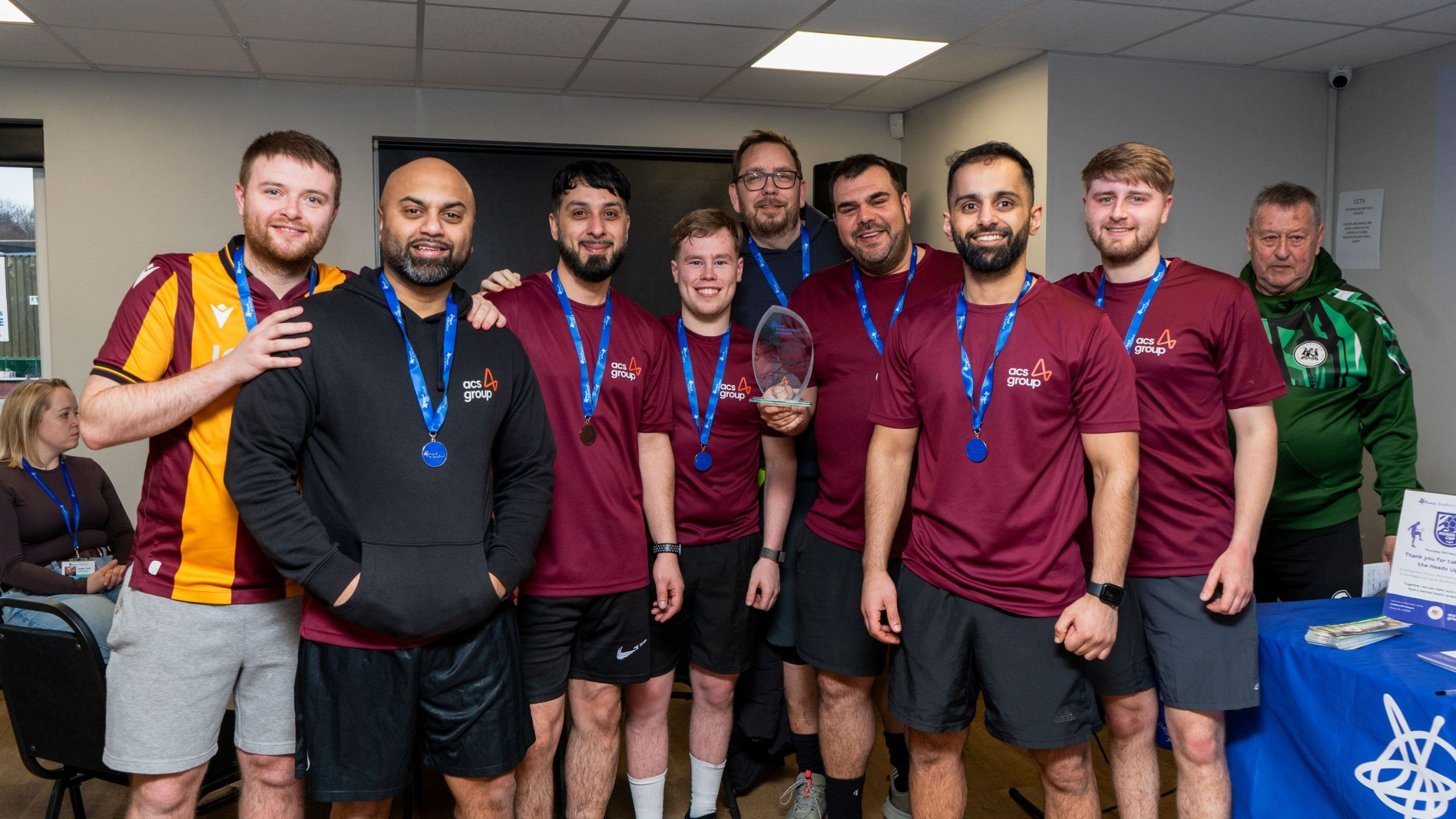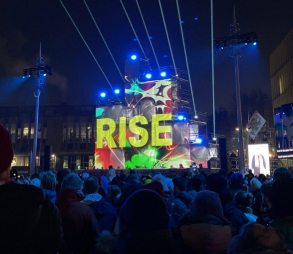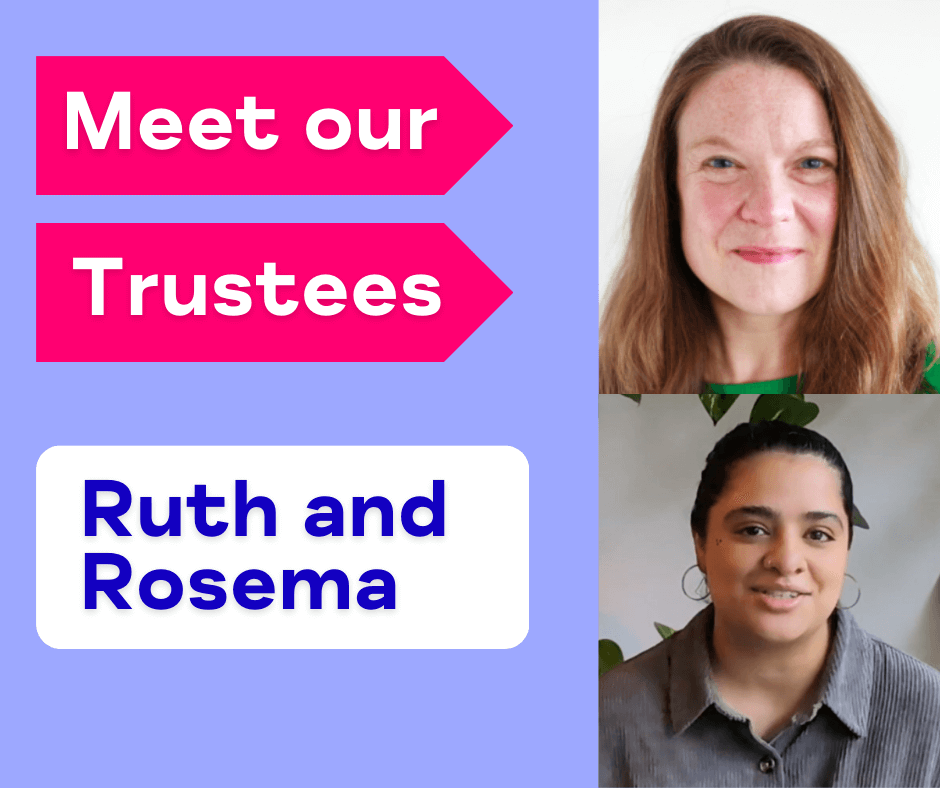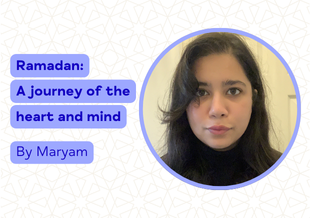Heads Up Cup scores big for mental health
Supporters of Bradford District and Craven Mind came together for an afternoon of football and […]
As we are preparing for Ramadan, Zahra Niazi, Strategic Equality, Diversity and Inclusion Lead at Bradford Council, shares some tips for colleagues working with Muslims and for Muslims who continue to work during the period.
I love Ramadan. It is a time for reflection, spiritual reset, establishing new habits and letting go of that which no longer serves us. Most Muslims use this time for extra spiritual activity such as reading the Qur’an (the holy book) making supplications and engaging in extra prayers. It is a time where we nourish and take care of ourselves the way Allah (God) has made us, primarily as eternal spiritual beings.
Ramadan is observed by Muslims all over the world, usually for the period of 29 to 30 days based on the lunar calendar. Ramadan moves 10 days earlier each year, which is why it does not take place in the same month or time of each year. Muslims during this month will abstain from food and drink (amongst other things) from sunrise to sunset.
Below are some tips for colleagues working with Muslims and for Muslims who continue to work during this period.
Be mindful when arranging meetings. Note that colleagues who are fasting may have been up all night for prayers as well as to set the intention of the fast in the early hours of the morning and eat, resulting in reduced attention span or extra tiredness at some point during the day. Everyone’s body is different; some will prefer working early or later so please ask what time works best for them.
Not everyone fasts. Islam is a disciplined religion, but it isn’t designed to be hard; women who are on their period or pregnant, those on essential medication or have long term health conditions, children and the elderly do not need to fast. Of course, people may still want to, but this needs to be carefully considered and the risks managed.
What, not even water? Yes, not even water! People who fast abstain from food, drink including any medication that needs to be taken orally during sunrise to sunset. However, injections are fine, again those who wish to fast even if they don’t need to, must consult with their imam and doctor to ensure risks are being managed.
You will not offend anyone if you forget and offer food or drink or eat in front of someone who is fasting. Just move on!
Be flexible. Although all Muslims observe Ramadan based on the lunar calendar, they will generally follow their nearest moon sighting committee; usually Morocco or Saudi Arabia, which sometimes leads to starting Ramadan and celebrating Eid- Ul- Fitr (the Islamic celebration, meaning celebration of breaking of the fast) on different dates too.
The last 10 days of Ramadan also have extra significance, Muslims will tend to increase their efforts during this period and may also request additional flexibility or leave.
Depending on the time of year Ramadan falls into, prayers may be closer together or more dispersed throughout the day, Muslims in this case may also request the opportunity to pray or for prayer arrangements.
Find out more. There are lots of ‘iftar events’ – iftar gatherings are events hosted to break bread together at the time in which the sunsets; the time of breaking fast, and these happen locally and are usually open to all. Why not attend one?
The Open Iftar is delivered in partnership with the Ramadan Tent Project and it takes place every year in Bradford. This year it will be held at the Bradford Cathedral on Thursday 23 March.
If you are feeling extra adventurous and want to really immerse yourself in the experience you can also register to volunteer at the Open Iftar.
Plan ahead. Consider what has worked for you in previous years, if you need to book annual leave or ask for flexible working options agree this with your manager ahead of Ramadan, so you can decide how you can continue working at your optimal. Speak to colleagues too, so they can support you as best as they can during this month.
Consider whether you need to fast, seek advice from someone such as your local imam, family members or Muslim friends if you are not sure.
Eat well. Consider nutritional food that will keep you full for longer periods of time such as porridge and oatmeal rather than greasy fatty meals and avoid things like caffeine.
Zahra Niazi
Those of us with mental health problems can sometimes find Ramadan difficult.
Our SMI Programme Manager Masira said: “I am not ashamed to share how I, a mental health practitioner, have struggled with my mental health in Ramadhan.
“I have spiraled in the past and stumbled into some dark places. Maybe it was the dehydration, the exhaustion or even the pressure of how many acts of worship I should engage in. Maybe it was due to lack of sleep, lack of food or simply due to my excessive attempts to soften my heart, become humble and truly submit to a higher deity.
“Whatever the reasoning may be, I find myself more emotional in Ramadhan and have to work harder to ensure I am taking care of myself. Inner reflection and healing is no small feat and we must not treat it as such either.”
If you’re struggling during Ramadan and want to talk to someone about your mental health, you can call our free helpline Guide-Line on 08001 884 884, any day from 8am until 12am (midnight). If you’d rather not speak on the phone, you can talk to us via live chat.
Posted on: 21st March 2023

Supporters of Bradford District and Craven Mind came together for an afternoon of football and […]

Reflections on the launch of Bradford 2025, UK City of Culture, from Ian, Trustee on […]

What’s really involved in being a trustee for a mental health charity? Find out from Ruth and Rosema.

Maryam is one of our volunteers at Bradford District and Craven Mind. She has kindly […]